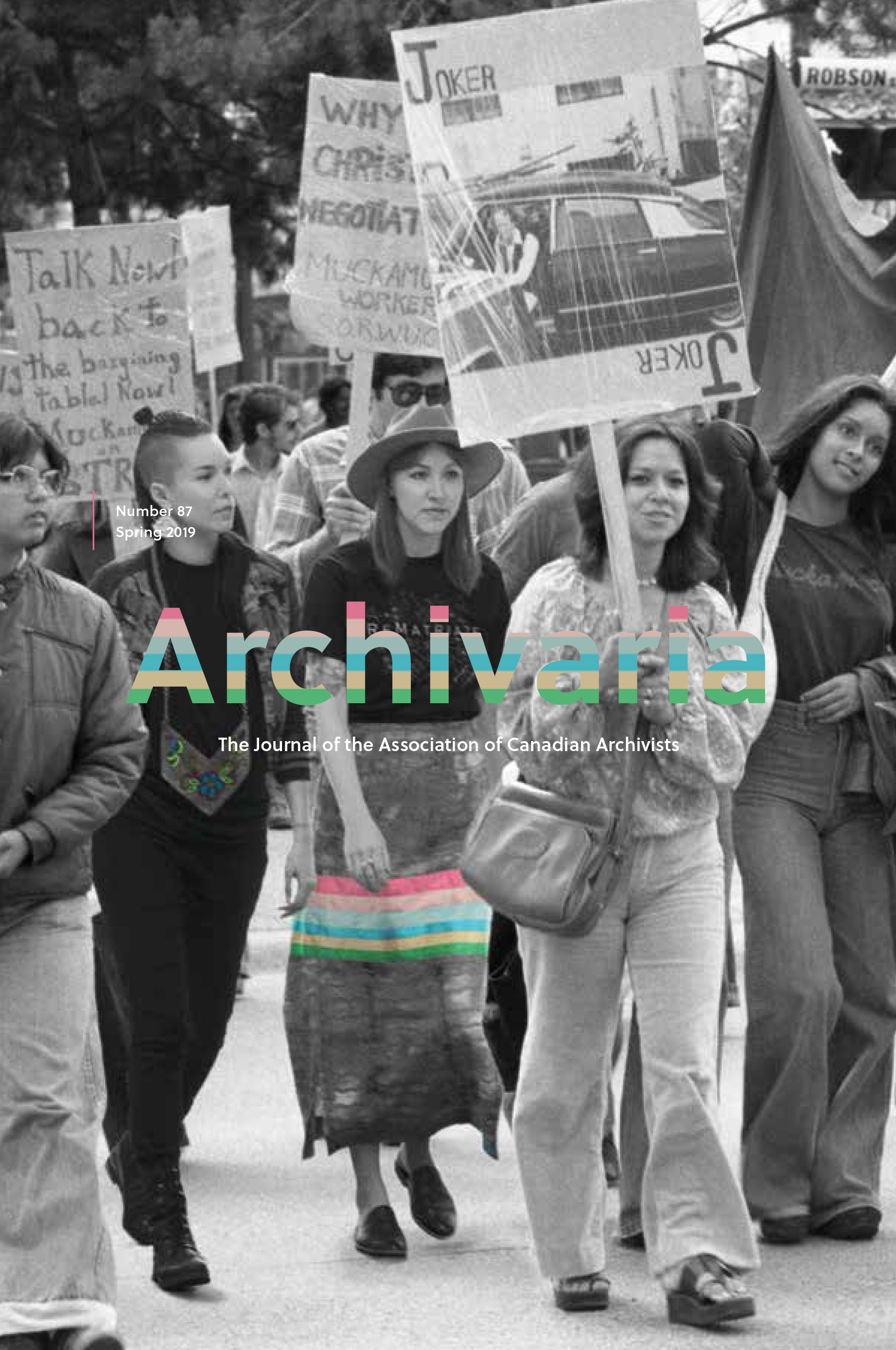The UNESCO Memory of the World Program: Promise Postponed
Abstract
Concerned about the preservation of and access to documentary heritage, UNESCO established the Memory of the World program in 1992. As an operational program without formal legal basis, the program has involved an international advisory committee (IAC) of 14 experts appointed by the director- general. In its early years, the program, focused on documents at risk, set an ambitious agenda, addressing this priority and assessing emerging technologies for digitizing, disseminating, and reconstituting dispersed libraries and fonds in various media. Within a few years, the program changed direction and established an international register that emphasized globally significant materials. Through two and a half decades, the Memory of the World program has held a series of international conferences and has influenced the adoption of several key UNESCO policy instruments. In 2017, the advisory committee launched a comprehensive review, seeking to engage UNESCO in realizing the concept of “memory of the world.” This article traces the evolution of the program, analyzing the interactions among the professions, the UNESCO secretariat, and more recently, diplomats. The earnest advice of the IAC has consistently been dominated by the themes of resources, visibility, and unmet potential. Intense political interest in decisions about including certain materials in the Register has highlighted the continuing power of the record in international issues. The Memory of the World program must now manage both professional and governmental interests – a balance normally established in UNESCO’s structures by means of a formal convention adopted by member states.
RÉSUMÉ
Préoccupée par la préservation et l’accès au patrimoine documentaire, l’UNESCO a mis en place le Programme Mémoire du monde en 1992. Comme il opère sans base juridique formelle, le Programme a fait appel à un comité consultatif international (CCI) formé de 14 experts nommés par le Directeur général de l’UNESCO. Au cours de ses premières années, le programme, concentré sur les documents à risque, s’est fixé d’ambitieux objectifs afin d’aborder cette priorité et évaluer le potentiel des technologies émergentes pour numériser, disséminer et reconstituer des bibliothèques et des fonds dispersés en différents formats. Quelques années plus tard, le programme s’est réorienté et a mis sur pied un registre international mettant de l’avant du matériel dont l’importance a une portée globale. Durant deux décennies et demie, le Programme Mémoire du monde a tenu une série de conférences internationales et a influencé l’adoption de plusieurs instruments de politique clés de l’UNESCO. En 2017, le comité consultatif a lancé un examen complet afin d’engager l’UNESCO dans la concrétisation du concept de mémoire du monde. Cet article retrace l’évolution du programme, analysant l’interaction entre les professions, le secrétariat de l’UNESCO et, plus récemment, les diplomates. Les conseils avisés du CCI ont été constamment dominés par les thèmes des ressources, de la visibilité et du potentiel inexploité. Le vif intérêt politique dans les décisions portant sur l’inclusion de certains éléments dans le registre a mis en lumière l’influence soutenue des documents dans les questions internationales. Le Programme Mémoire du monde doit maintenant composer avec les intérêts à la fois gouvernementaux et professionnels, un équilibre normalement établi à l’intérieur des structures de l’UNESCO par le biais de convention formelles, adoptées par les états membres.
Authors of manuscripts accepted for publication retain copyright in their work. They are required to sign the Agreement on Authors' Rights and Responsibilities that permits Archivaria to publish and disseminate the work in print and electronically. In the same agreement, authors are required to confirm that "the material submitted for publication in Archivaria, both in its paper and electronic versions, including reproductions of other works (e.g. photographs, maps, etc.) does not infringe upon any existing copyright." Authors of manuscripts accepted for publication retain copyright in their work and are able to publish their articles in institutional repositories or elsewhere as long as the piece is posted after its original appearance on archivaria.ca. Any reproduction within one year following the date of this agreement requires the permission of the General Editor.





